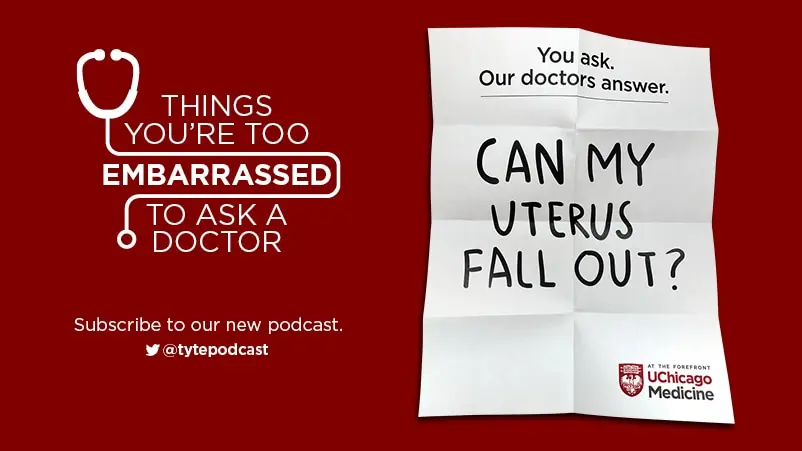Can coughing stop a heart attack?

Can coughing stop a heart attack?
Internet myths have brought back the idea that coughing can stop a heart attack in its tracks or fix an irregular heart rhythm. But does “cough CPR” really work? Let's look at where this myth comes from and the realities behind it.
How does coughing stop a heart attack or fix an arrhythmia?
The answer isn’t simple, and there isn’t a precise explanation. When a person coughs, there is a change in intrathoracic pressure, which is the pressure surrounding the lungs. That change affects blood flow to the heart and interacts with the nervous system, especially the vagus system, which links the heart, lungs, and abdomen to the brain. Stimulation of this system can affect the heart's electrical system.
When these factors align, subtle changes in blood flow and the electrical system can sometimes terminate or break an arrhythmia.
Where did the idea of cough CPR come from?
This idea gained traction from anecdotal reports and case studies. Occasionally, in intensive care units or cardiac catheterization labs, instances arise where someone experiencing a ventricular arrhythmia (an irregular heartbeat in the lower heart chambers) or a supraventricular arrhythmia (a fast heartbeat starting above the lower chambers) can momentarily benefit from coughing. Patients instructed to cough forcefully in such settings have sometimes seen the rhythm corrected.
These instances seem to validate the method. However, most heart rhythms are much more complex than a single cough can address.
Why cough CPR doesn’t work
Some heart rhythms could lead to cardiac arrest, which likely fueled the idea that coughing might prevent such an outcome. However, most patients experiencing cardiac arrest transition into more chaotic rhythms. Such rhythms cannot be managed or corrected by simply coughing.
Coughing won’t always fix an irregular chaotic rhythm, and it certainly can’t prevent someone from going into cardiac arrest.
So what should you do if you’re having a cardiac event or you’re with someone else who is? The best initial response is to call 911. If you or someone else is properly trained, start CPR and, if available, use an automatic external defibrillator (AED).
Debunking other heart myths
Cough CPR isn’t the only heart-related rumor that warrants scrutiny. Over-the-counter supplements marketed as capable of enhancing heart function can also be misleading.
Fish oil
Omega-3 fatty acids in fish oil have garnered attention for their potential heart health benefits. These fatty acids may reduce blood clotting, lower inflammation, relax blood vessels, and possibly stabilize the heart’s rhythm.
While earlier studies suggested benefits, recent research involving healthy individuals shows no significant advantages. Still, including fish in a balanced diet can be beneficial.
Coenzyme Q10 and other antioxidants
Supplements like coenzyme Q10 (CoQ10), made from the antioxidant ubiquinol, are often thought to reduce repeat heart attack risks and lower blood pressure. However, except for a few small studies in patients with advanced heart disease, these supplements don’t appear to offer much benefit. Many people spend considerable money on these products without evidence of meaningful results.
Real steps to protect heart health
Maintaining heart health doesn’t require expensive supplements. Following four key strategies can significantly reduce the risk of heart disease.
- Avoid smoking.
- Follow a nutritious diet.
- Exercise regularly.
- Maintain a healthy weight.
Adopting these measures optimally can normalize blood pressure, cholesterol levels, and help prevent diabetes. Collectively, this can lead to a more than 90 percent reduction in heart disease risk, far greater than what any pill or supplement can achieve.

Matthew Sorrentino, MD
Dr. Matthew Sorrentino is a non-invasive preventive cardiologist with expertise and research interests in treating hyperlipidemia (high cholesterol), hypertension and coronary artery disease.
Learn more about Dr. Sorrentino
